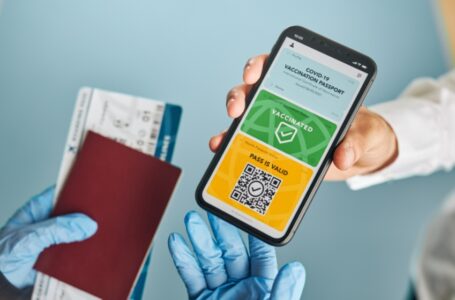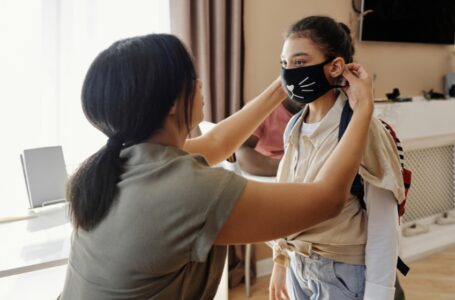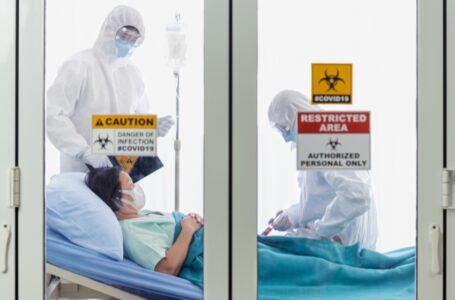Debunking Covid-19 misconceptions
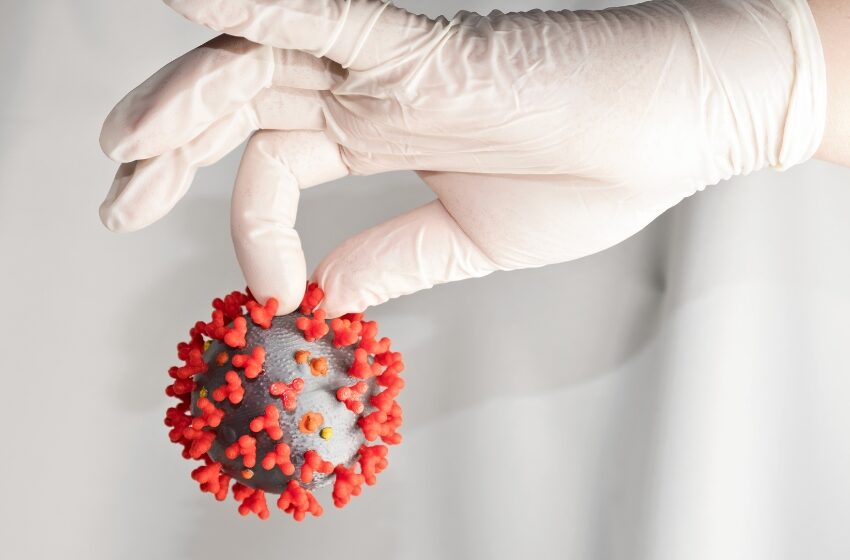
When the world was dealing with the worst circumstances of Covid-19 a year ago, doctors and medical experts indicated that the disease was here to stay. Additionally, the statement has proven to be true because a few countries have been hit by a new wave of the Coronavirus recently. For instance, Australia’s capital Canberra has witnessed a recent surge of infections. Australian Capital Territory (ACT) Health Minister Rachel Stephen-Smith informed that there had been an increase in the number of Covid positive cases, which could extend upto July and early August 2022.
On the other hand, in the last week of June 2022, Australia reported 3,133 patients undergoing treatment in hospitals, including 111 in intensive care. Currently, there are more than 30,000 active cases nationwide; unfortunately, that has not stopped some people from spreading misinformation leading to many letting their guards down. Also, since the Australian Government managed to minimise the Covid positive cases over two years, there is a misconception that there won’t be any severe health scare again. Therefore, it should not come as a surprise if you see some acquaintances saying they would never get infected since they never had any Covid symptoms before.
So, let us debunk some common misconceptions about Covid-19 :
People who don’t have any symptoms do not necessarily infect others.
It is understandable to assume that just because you never had any symptoms, you could never get infected or spread the sickness. But unfortunately, that is not the case; despite not getting any symptoms, people may still have high viral loads and can spread the virus. On the contrary, people who develop the symptoms encounter a high infectiousness one or two days before feeling uneasy and sick.
Also, one must remember that people who feel they are fine physically tend to go out more often than those who feel sick. Furthermore, regardless of their thoughts, symptomatic and asymptomatic people contribute to the transmission and spreading of the virus. A new study shows that asymptomatic individuals are responsible for most new infections.
Vaccination prevents the transmission of the virus.
Covid-19 vaccination is not a cure for eliminating the disease; it protects us from developing severe infections. However, medical experts in some countries have handled patients who have been vaccinated but still contracted Covid. Although such cases did not require them to get hospitalised, some others, like Andrew Marr (British journalist and Broadcaster), got infected despite double vaccination and went through a high temperature, muscle ache, headache and flu-like cold symptoms.
Moreover, medical experts have found reports based on the studies of healthcare workers in India and Vietnam suggesting that vaccinated people can spread the virus. Besides, DATA from the Imperial REACT study in England indicates that vaccines can provide 50 to 60 percent of protection from the virus. On the other hand, different data highlight an important fact; vaccinated people have viral loads similar to unvaccinated infected people, however, vaccinated people recover faster.
Nevertheless, despite having double vaccination, you cannot assume that you have become immune to the disease or can’t infect others.
Suffered through covid and survived, so I don’t need to get the vaccine.
Suppose you had contracted the Coronavirus last year, but after a month or so of hospitalisation and proper health measures, you have recovered. Hence, despite a new Covid wave on the rise, you feel you don’t need the vaccine. Do you think that is wise?
The answer is no because although having had covid in the past may provide you with considerable protection, it is not the same as having double vaccination. Also, it provides immunity for a more extended period and is effective against the new variants. So, if you had covid before, the vaccination would boost your immunity.
Simultaneously, one must remember to wait 28 days after testing Covid positive before receiving the first vaccination dose.
If someone has good immunity, they don’t require vaccination?
A healthy immune system ensures a good chance of fighting the disease, but healthy people are still vulnerable to getting an infection and ending up in the hospital. Moreover, research has shown that 10 to 30 percent of adults can suffer due to long Covid starting with mild initial sickness. Meanwhile, it would be best if you saw the bigger picture here; you might recover after contracting the virus as you have good immunity but the people you came into contact with may not. Hence, getting your vaccination doses despite a good immunity and maintaining appropriate measures is better.
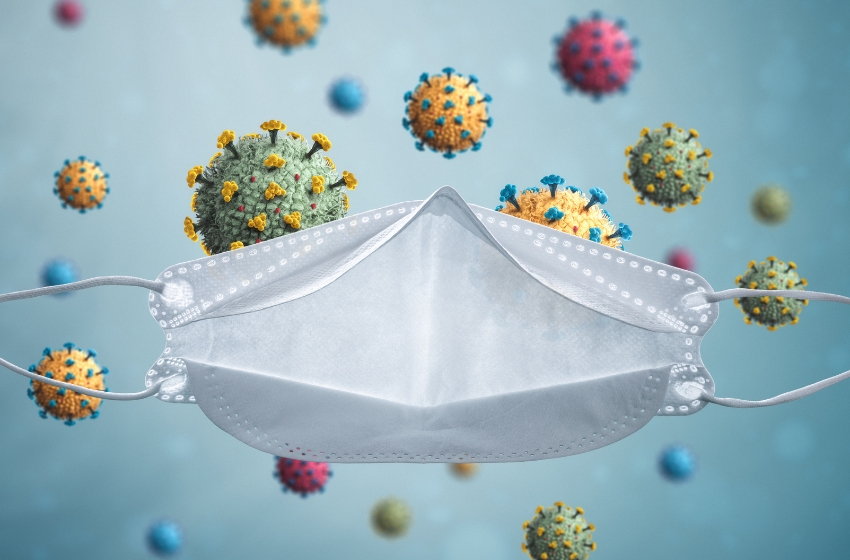
Masks are useless
Masks and hand sanitisers have become a daily necessity for us, and we don’t go outside without them. Yet, despite several warnings and restrictions, you must have seen a few people refusing to wear masks because they think Covid has been eliminated. Be it in public, in transit, in bars, or any public place, people can be seen without masks.
Covid is primarily airborne and spreads through breathing, coughing, shouting and talking; masks prevent someone else’s breath from hitting your face and vice versa. However, you can also buy higher-quality masks that provide further protection from others’ breath, like N95, FFP2 or FFP3. Besides, a recent UK study indicated that a higher proportion of mask-wearing people contribute to a 20 percent reduction in overall population transmission rates.
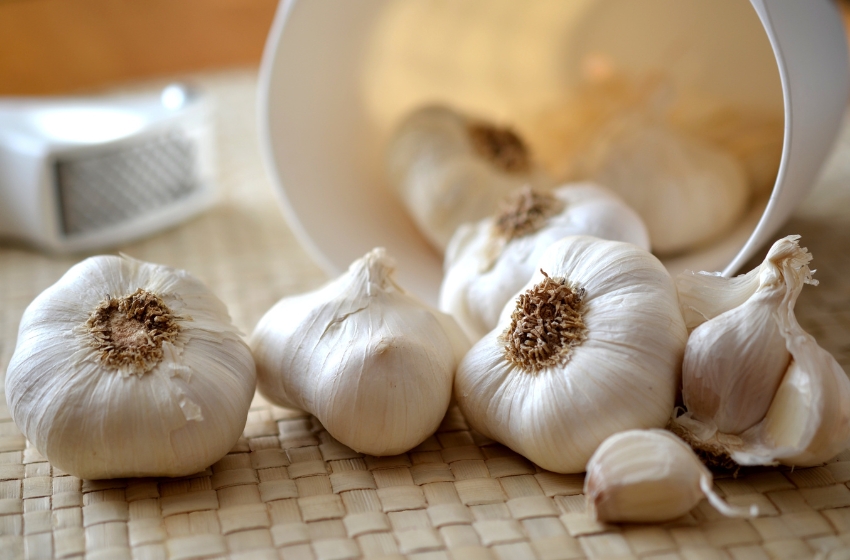
Consuming garlic and immune boosters prevent infection.
You might find people posting on various social media sites about their ways of preventing the disease. For instance, in a Facebook post, an individual describes many benefits of garlic, including how lysine in garlic is an immunity-boosting nutrient. However, WHO (World Health Organisation) has confirmed garlic is healthy food, but no evidence suggests that it protects from the virus.
Hand dryers eliminate Coronavirus.
According to a blog post, people can disinfect their hands via heat, for example, using a hand dryer at 56 degrees Celsius for 30 minutes. However, hand dryers don’t kill the SARS-COV-2 virus, which causes the disease; instead, they blow warm air and soak moisture from our hands. Hence, it would be best if you had a bar of soap or alcohol-based disinfectant to clean your hands.
Mosquitoes spread Coronavirus
In another misleading Facebook post, a user indicated that mosquitoes might be responsible for carrying the virus. On the contrary, mosquitoes spread diseases like dengue and malaria but don’t transmit viruses like Covid-19, Ebola or HIV. Besides, Covid-19 or SARS-COV-2 spreads through droplets produced during coughing and sneezing.
Children will be fine if they get contracted by Covid-19.
Although children are not at risk of getting seriously ill or contracting long Covid like adults, they are vulnerable to the virus. Moreover, a few weeks after getting infected, they can develop multisystem inflammatory syndrome, which requires severe care and hospitalisation. However, the syndrome is rare and affects 30 per 100,000 children suffering from the deadly disease.
Hot temperature kills the Coronavirus.
One of the Facebook posts claimed that the new virus is apparently not heat resistant; hence we can eliminate it through temperatures above 27 degrees. So, the virus is vulnerable to the sun’s heat, and we can eliminate the deadliness of the virus by drinking warm water.
No evidence suggests that temperatures above 27 degrees can kill the virus or that drinking warm water protects us from the disease.
5G networks are spreading the virus
In a Twitter post, an individual shared false information stating that 5G mobile networks spread Covid-19; WHO denounced such claims. Besides, viruses cannot travel through radio frequencies or mobile networks; Coronavirus spreads through respiratory droplets or when people touch contaminated surfaces and then touch their eyes, nose and mouth.
Vitamin C is an effective treatment.
People with low immunity suffer the most severe symptoms of the disease; hence they are advised to maintain a balanced diet and include immunity-boosting foods. Besides, Vitamin C is a significant immunity booster, so people assume it is an effective treatment.
However, The Therapeutic Goods Administration (TGA) indicated that no reliable scientific evidence supports the management of Covid-19 with Vitamin C.
Miracle Mineral Supplement treats Coronavirus.
MMS contains sodium chlorite, which people use as a textile bleaching agent for disinfection. TGA confirmed that MMS does nothing to treat the disease; instead, it is a chemical that causes serious health issues if humans consume it. Also, TGA does not approve MMS for any medical or therapeutic uses.
You don’t need to get Flu shots.
Influenza and Covid-19 are both viral infections caused by viruses belonging to different groups, and regular influenza vaccines do not provide immunity against the Coronavirus. Yet some people are hesitant about getting their flu shots; Deputy Chief Medical Officer said that it is vital to get the influenza vaccination to prevent infection from both Covid and influenza.
Hydroxychloroquine is an ideal treatment.
Some people claim hydroxychloroquine is a cheap but powerful and effective treatment for Coronavirus. However, TGA has clearly stated that the medicine poses serious health risks, including cardiac toxicity, wherein patients might have heart attacks, irreversible eye damage and severe depletion of blood sugar.
Breathing techniques can cure the virus.
A well-known author shared a video on her Twitter account wherein a man described how he had been suffering from the new virus strain. But after he followed a few breathing techniques, he felt better and gradually recovered from the illness.
Practising breathing exercises or following a specific breathing technique does not cure the virus. However, controlled coughing helps to deal with conditions like cystic fibrosis to clear airways of mucus. Moreover, people suffering from Covid should not perform the breathing technique as it would infect others through airborne droplets.
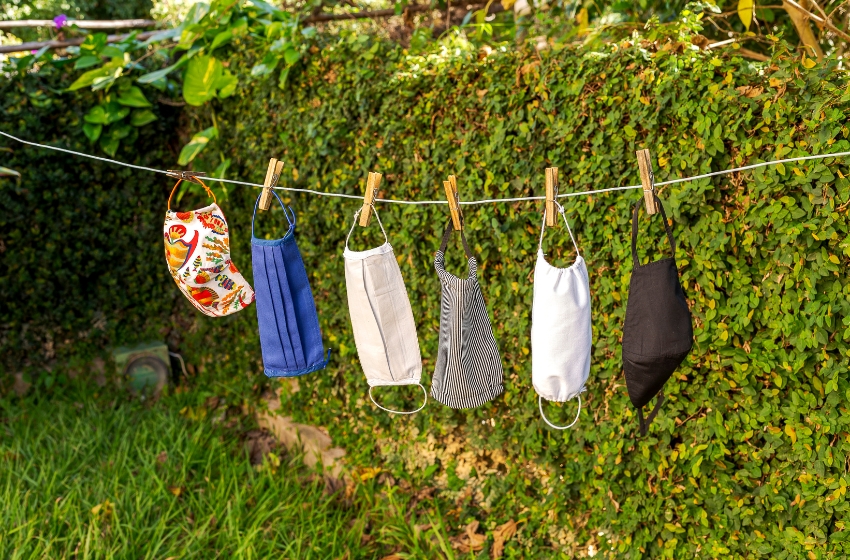
Microwaves sanitise masks.
In a misleading Facebook post, someone suggested that people who use fabric masks can sanitise them by placing them in a ziplock bag and microwaving it for 2-3 minutes. But there is no evidence indicating that masks can be sanitised by such a method; instead, microwave radiation can burn specific mask parts. Also, some masks contain metal pieces attached to them which can cause damage to the microwave oven.
Hospitals are giving out secret prevention tips.
In response to fraudulent messages circulating across social media and emails, The Royal Melbourne Hospital stated that they are not giving any secret prevention tips to their staff. Besides, The Royal Melbourne Hospital, Royal Brisbane and Women’s Hospital have posted a Twitter post warning the public against such untrue messages.
Drinking water prevents infection.
A blog post indicated that drinking water after every fifteen minutes is imperative as drinking water or any fluids helps the virus wash down the oesophagus into the stomach. Then, the hydrochloric acid in the stomach kills the germs; while drinking water allows us to remain hydrated, it does not prevent infection from spreading.
Parcels from China carry Coronavirus.
A Facebook post stating packages or letters from China containing the virus lives on for 28 days is ridiculous as there is no evidence indicating the same. Moreover, WHO pointed out that we can clean the surfaces of objects with common household disinfectants. Also, washing your hands with soap and water or using alcohol-based sanitisers makes sure not to spread the disease.
Important note
Do not follow independent blog posts or social media posts containing unverified medical information; these posts will indefinitely misguide you.
Refer to your local state government for the latest responses to the coronavirus pandemic. You can also check restrictions in all states and territories using the COVID-19 Restriction Checker.

